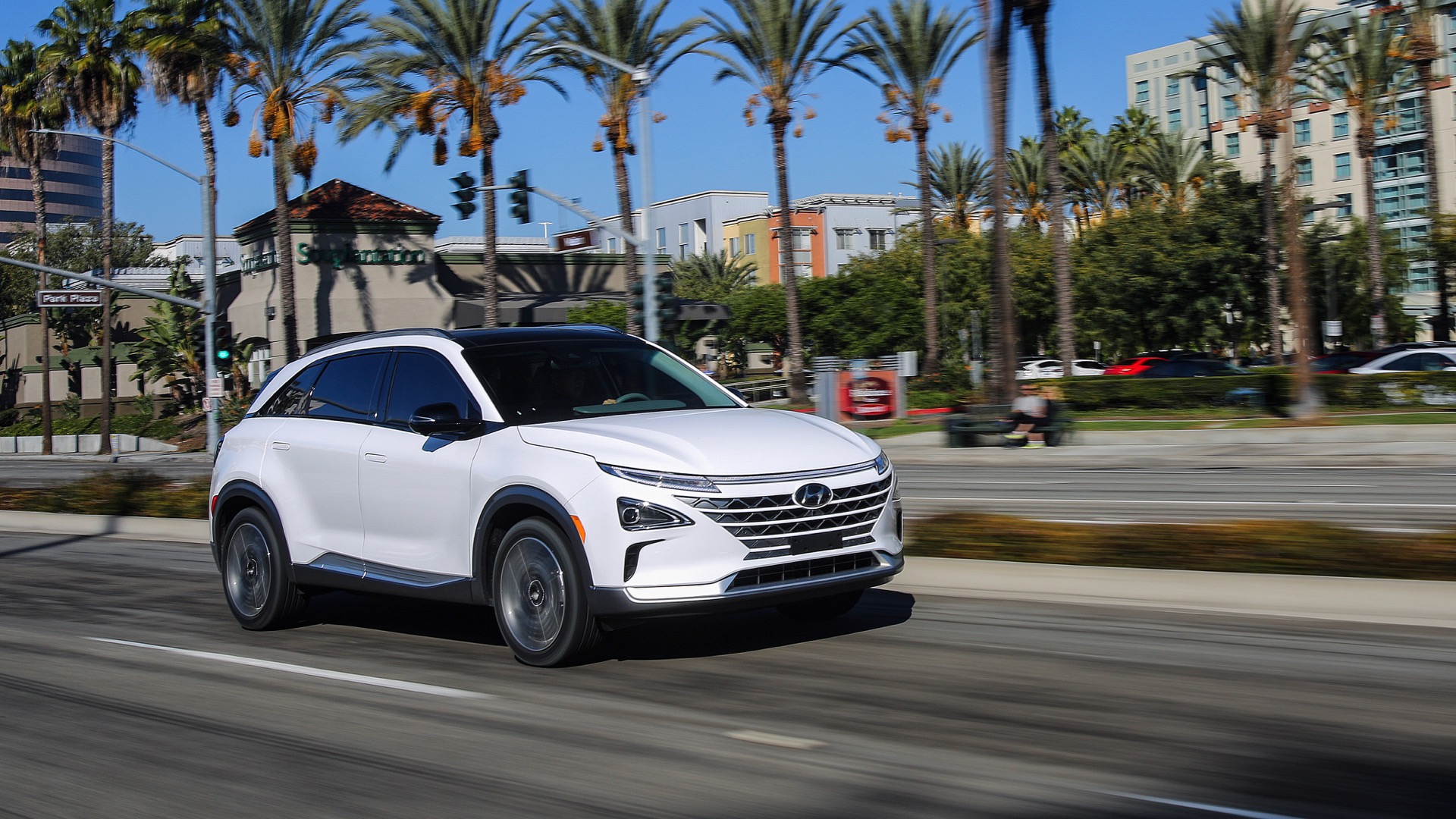Hyundai has delayed the following era of its Nexo hydrogen fuel-cell car, Reuters reported Wednesday.
The automaker had deliberate to begin manufacturing and gross sales of a redesign Nexo within the second half of 2023, however has delayed the launch to 2024 as a result of points with fuel-cell growth, in accordance with the report.
Plans to launch fuel-cell autos for the Genesis luxurious model are on maintain as effectively, in accordance with the report. Development of the primary Genesis fuel-cell car was reportedly suspended late final yr. In the meantime, Genesis is shifting forward with battery-electric autos, beginning with the GV60 crossover within the United States.
2021 Hyundai Nexo
Launched in 2018, the Nexo is Hyundai’s first devoted fuel-cell mannequin, succeeding the Tucson Fuel Cell. It’s a really pleasant-driving car, from what we have discovered, and it even acquired a Top Safety Pick+ nod from the Insurance Institute for Highway Safety (IIHS).
But like different hydrogen vehicles, the Nexo is a distinct segment merchandise. Hyundai bought simply 3,978 in its dwelling market of South Korea and exported 120 between January and May of this yr, in accordance with the report. In the U.S., the Nexo and different fuel-cell autos are bought solely in California as a result of it is the one state deemed to have ample fueling infrastructure.
Even that restricted infrastructure has been topic to collection of outages and mishaps in 2020, which most likely did not assist the case for a redesigned Nexo.

Hyundai Xcient Fuel Cell semi truck for use in California exams
And beginning with the launch of the HTWO model, in late 2020, Hyundai signaled a brand new push to using gas cells in buses, planes, and trains. That consists of plans to check fuel-cell semi vehicles in California.
Meanwhile, Hyundai is pushing forward with its plans for a enormously expanded EV lineup, together with the Ioniq 6 that was revealed earlier this week. The automaker is aiming for 7% of the worldwide EV market by 2030, and desires half of its U.S. gross sales to be electrical by that yr.
Source: www.greencarreports.com

